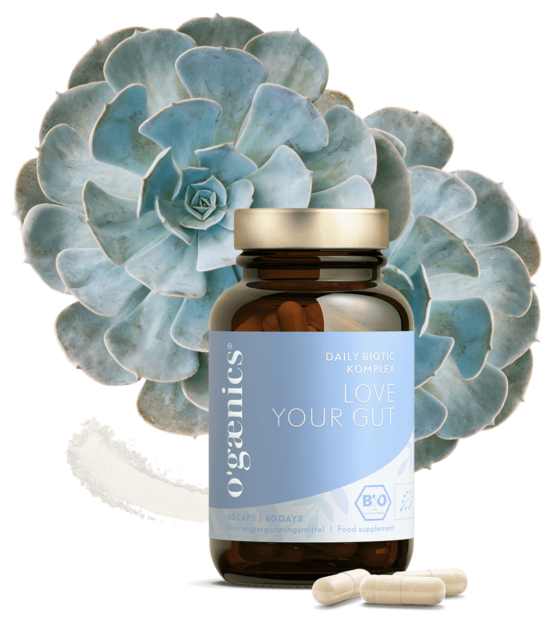Vaginal fungus is annoying and a common and unbearably itchy phenomenon especially in summer.
A vaginal fungus is a yeast infection. Fungi stereotypically like to grow in areas that are moist and dark. In summer, you sweat more and are generally more humid. As a result, it may be more common for a vaginal fungal infection to develop, especially during the summer months.
On average, there are about 2 billion bacteria in a woman’s vagina. Most of them are lactic acid bacteria that create an acidic PH in the vagina, protecting it from harmful microorganisms.
Yeast fungi also actually live in the vagina all the time, but only in small numbers, so we don’t actually feel them. The most common type is Candida albicans. But when the vaginal flora gets out of whack, they begin to multiply without restriction. This happens, for example, with a weakened immune system, with the wrong diet or clothing, and with too much stress.
The result is a vaginal infection with Candida albicans. It causes a usually odorless vaginal discharge with unpleasant itching.
By the way, people with diabetes, HIV, pregnant women and overweight people have a higher risk of getting such a vaginal overgrowth with Candida. Taking contraceptives with high estrogen content can also upset the vaginal flora and lead to this.
But it may also be because you have some bad habits that you can easily change:
1) Watch out for wet bathing suit
If you’ve made a habit of lounging around in your wet bathing suit after bathing, you should stop. The water in the pool or in the sea does not cause vaginal fungus. But wearing wet bathing suits for extended periods of time increases the risk of colonization with the pesky Candida yeast fungi. So always have a set of dry clothes with you when you go swimming.
2) Avoid synthetic materials and tight clothing.
You may be tempted to wear lace underwear. But synthetic materials like Lycra can cause heat buildup. This will cause you to sweat more and create an ideal environment for vaginal fungus to grow. Therefore, better wear underwear made of cotton. It is more breathable , can also be washed hot (which kills the germs) and protects you from candida overgrowth in the intimate zone.
3) Pay attention to a low-sugar diet
Too many sugary treats and cocktails unfortunately increase your risk of vaginal fungal infection. This is because candida feeds primarily on short-chain carbohydrates. In addition, excessive sugar compromises the immune system, making it harder for your body to fight off that pesky vaginal fungus. Avoid sweets and eat a balanced diet by getting plenty of nutrients from fruits and vegetables.
4) Find a balance to stress
Trying to meet deadlines or pass exams before a vacation causes stress. And stress challenges your immune system. This makes you more susceptible to vaginal fungal infections. So take time every day to relax, even if it’s just a few minutes a day.
5) Support your body with a probiotic
A probiotic is packed with healthy bacteria that not only help your gastrointestinal tract, but also your vagina. Studies have shown that taking a probiotic can minimize the risk of vaginal fungal infection or bacterial vaginosis.
There are also certain strains of lactobacilli that have been clinically proven to be effective against the yeast Candida albicans. These include Lcrispatus LCR01, L. alivarius CRL1328, and L. fermentum LF08, which are included in our premium synbiotic Love Your Gut and can support your microbiome on a daily basis.
-
Bestseller
Love Your Gut
Bio Daily Biotic Complex Premium for the gut: 21 bacterial strains plus organic fiberab 29,90 €







 No products in the cart.
No products in the cart.